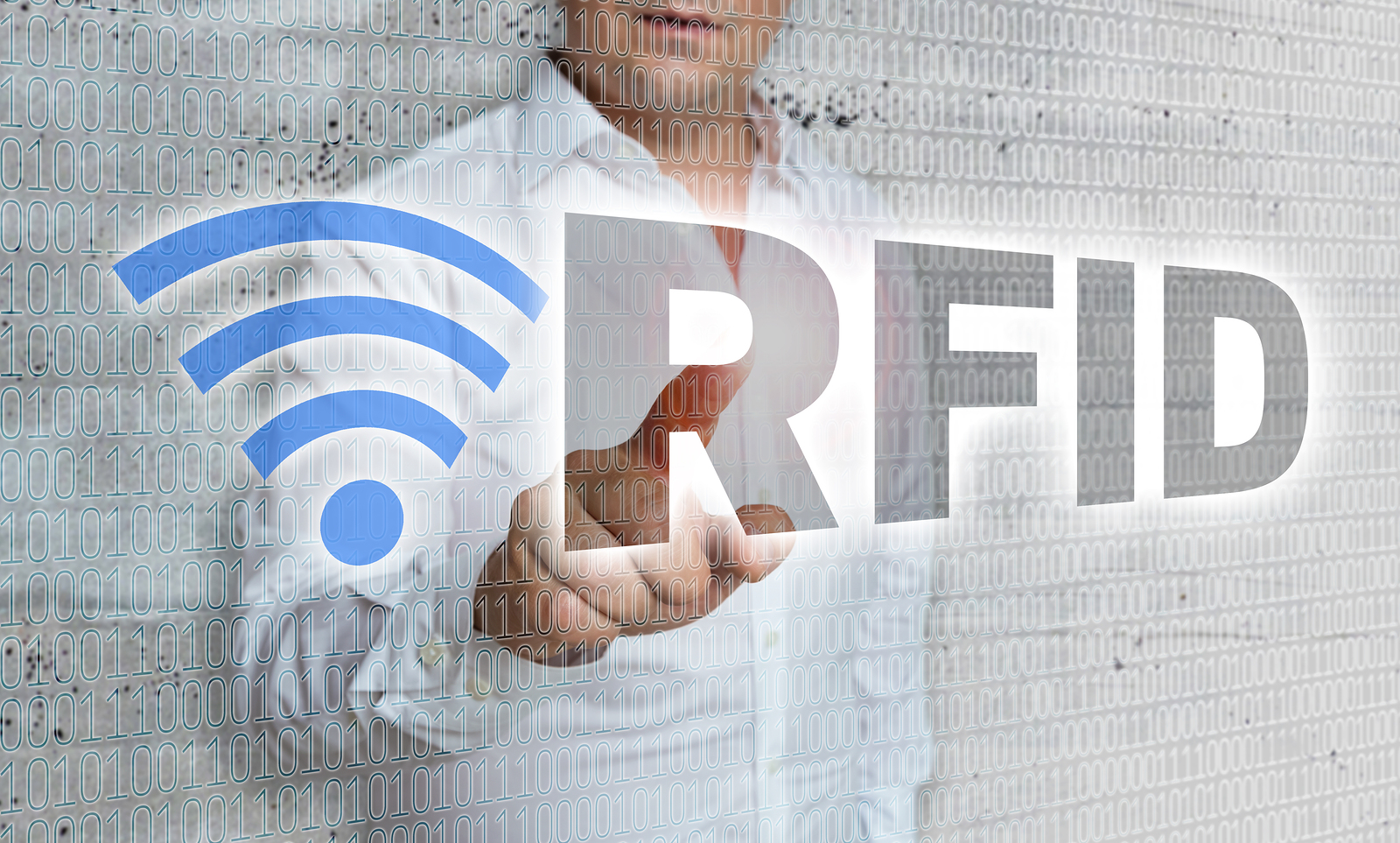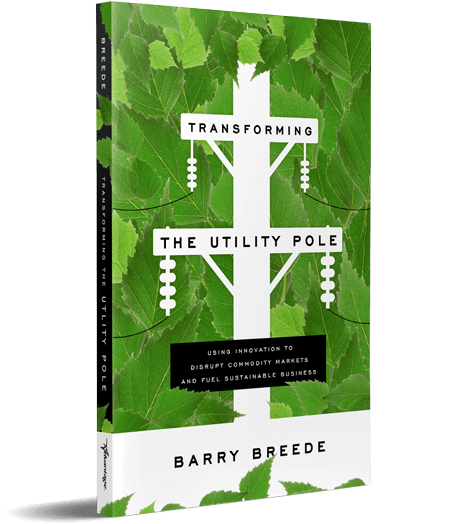When it comes to offering something new, always listen to the market. If you don’t, your company certainly won’t win. All too often, innovations tend to be ahead of the market, and sometimes it will take a significant amount of time before the market will accept them.
Companies that don’t heed the market’s voice will find themselves investing resources into innovation that may not be accepted. Years ago, I was a part of this kind of scenario, where we created an RFID-based business, Sustainable Management Systems (SMS), that could create a great amount of value to our customers – or so we thought. We failed to understand the specifics behind our go-to-market strategy. We erroneously thought the utilities were ready to adopt RFID into their business – they weren’t.
In this case the innovation was cutting-edge and had the potential to be extremely valuable. However, the market wasn’t prepared to incorporate that kind of technology. We learned from this experience, and while the SMS technology is now a relevant offering, we made sure that our next innovation would be a recognized market need. To accurately identify what the market wanted, we needed to implement a dedicated innovative process.
In the early stages of the formal innovation process, which I’ve described in previous posts, we made sure to conduct market research among customers and prospective customers, to see what their pain points were and how we might be able to help address them. Through this process, it soon became clear that there was a huge opportunity present in trying to find ways to help these customers create more sustainable business models for themselves. We kept hearing from our biggest customers—investor-owned, publicly traded utilities—about the greatly increasing scrutiny they were facing with regard to their environmental sustainability practices, so we knew that making these practices more sustainable from an economic standpoint as well would be very attractive to our customers.
By integrating the market’s voice into our innovation process, we not only gained valuable ideas and insights, we would create an innovative initiative that would be welcomed and embraced by the very market we serve. When the market speaks, listen; more importantly, take the time to actually ask the market. Doing so will ensure successful implementation of your innovation from the beginning.
Learn more about our successful approach to innovation by getting your own copy of Transforming the Utility Pole which you can find here.




